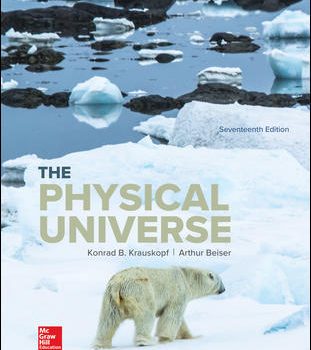What are Life Sciences?
Life Sciences encompass a broad range of scientific disciplines that study living organisms and their interactions with the environment. This field includes areas such as biology, genetics, microbiology, botany, zoology, and ecology. Life Sciences aim to understand the structure, function, growth, evolution, and distribution of living organisms.
Importance of Life Sciences
Life Sciences play a crucial role in advancing our knowledge of the natural world and improving human health and well-being. Through research and innovation, life scientists contribute to medical breakthroughs, environmental conservation, and the development of sustainable practices. Their work is fundamental to addressing global challenges such as disease, food security, and climate change.
The Subfields of Life Sciences
Biology
Biology is the study of living organisms, their structure, function, growth, and evolution. This subfield includes various branches such as molecular biology, cellular biology, and organismal biology, each focusing on different levels of biological organization.
Genetics
Genetics involves the study of genes, genetic variation, and heredity in living organisms. It explores how traits are passed from one generation to the next and how genetic disorders are inherited and treated.
Microbiology
Microbiology is the study of microorganisms, including bacteria, viruses, fungi, and protozoa. This subfield focuses on the roles of microbes in health, disease, and the environment, as well as their applications in biotechnology.
Botany
Botany is the scientific study of plants, including their physiology, structure, genetics, ecology, distribution, and classification. Botanists research plant life to understand their roles in ecosystems and their importance to human life.
Zoology
Zoology is the branch of biology that studies animals, including their behavior, physiology, evolution, and classification. Zoologists work to understand animal species, their interactions with ecosystems, and their conservation.
Ecology
Ecology is the study of the relationships between living organisms and their environments. Ecologists examine ecosystems, biodiversity, and the effects of human activity on natural habitats.
Benefits of Studying Life Sciences
Economic Benefits
Studying Life Sciences opens up diverse career opportunities in healthcare, pharmaceuticals, environmental management, agriculture, and research. Professionals in this field are essential for driving innovations that improve quality of life and address global challenges.
Cross-disciplinary Subject
Life Sciences intersect with other scientific disciplines such as chemistry, physics, and environmental science. This interdisciplinary approach enhances analytical skills and provides a holistic understanding of living systems.
Curiosity
Studying Life Sciences satisfies a natural curiosity about the living world. It encourages exploration, critical thinking, and a deeper appreciation of the complexity and beauty of life.
Career Growth
A background in Life Sciences provides a solid foundation for career advancement in academia, industry, and government. Advanced studies and research in this field can lead to specialized positions and significant contributions to scientific knowledge and societal well-being.
Test Bank Archive
At Test Bank Archive, we offer a comprehensive collection of resources to support your studies in Life Sciences. Our Life Sciences Test Banks include detailed test banks and solution manuals for various textbooks, providing:
Targeted Exam Preparation
Practice questions that mirror the style and difficulty of your exams, boosting your confidence and readiness.
In-Depth Explanations
Detailed solutions that help clarify complex scientific concepts and methodologies.
Up-to-Date Content
Regular updates to ensure alignment with current academic standards and curricula.
Our test bank resources are designed to help you excel in your Life Sciences courses by providing structured, effective study tools.
Conclusion
Life Sciences are essential for understanding the natural world and addressing many of the challenges facing humanity today. By thoroughly preparing for your courses and utilizing the extensive test bank resources at Test Bank Archive, you can enhance your knowledge, improve your academic performance, and succeed in the dynamic and impactful field of Life Sciences. Start exploring our resources today and take a significant step towards mastering Life Sciences.
Showing the single result

